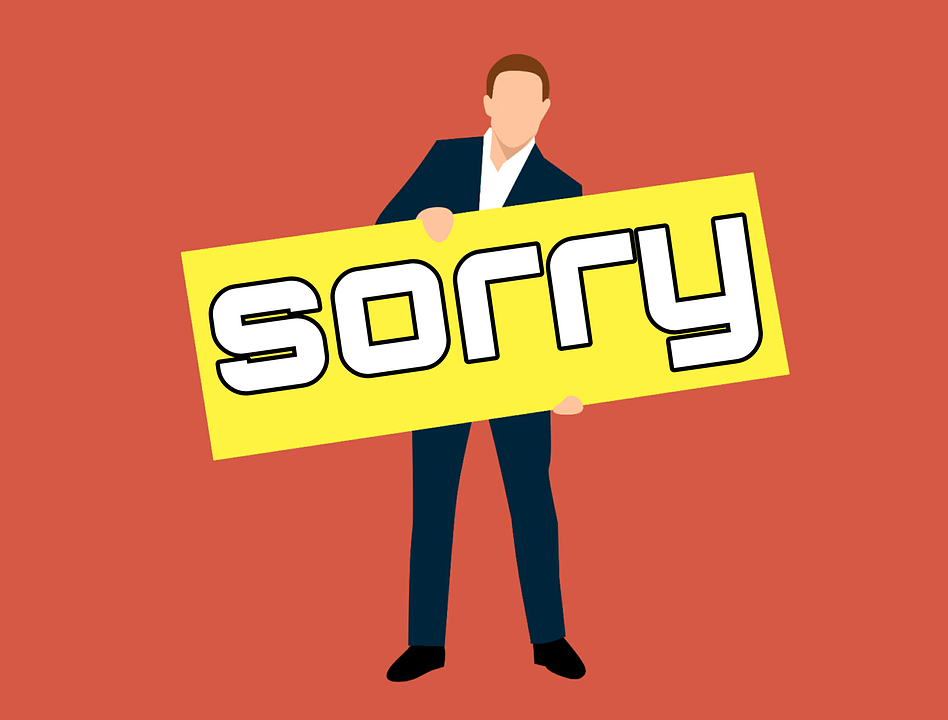
Didn’t Get The Job: How to Deal With Job Rejection
- March 3, 2018
- Alice Hiley
You get an email notification – one new message from your favourite employer, responding to your application. You open it, and your eye immediately catches the word ‘unfortunately’. Your heart sinks. You didn’t get the job.
If you can relate to this scenario, these tips on how to deal with job rejection should help to lessen the sting of that dreaded email or phone call.
Send a Follow-up Email
It’s hard not to take it to heart when you’re told that you aren’t what the company is looking for. It’s all too tempting to avoid the company and anyone who works there from now on.
Rather than letting your disappointment lead you to make rash decisions, consider the benefits of sending a polite, understanding follow-up email.
Just because you weren’t the right candidate for this particular position doesn’t mean your application and interview weren’t impressive.
If you make a good enough impression, the interviewer might keep you in mind for future openings that better match your skills and experience.
The successful candidate might turn down the job, leaving an opening to be grabbed by the ‘runners up’. Some hiring managers even network on behalf of applicants who almost made the cut, recommending them to fellow companies who are advertising similar roles.
You could use a template like this one by The Balance’s Alison Doyle. Generally, a follow-up email should look something like this:
Dear Mr/ Mrs [surname]
Thank you for letting me know about the [position title] job at [company name].
While I am disappointed, I understand your decision and appreciate the time you spent speaking to me about [something interesting you learned about in your interview.]
I am still very interested in your company, and would appreciate your consideration should another position become available which would be a better fit for my experience.
Best regards,
[Your name]
The aim is to portray yourself as polite and grateful, to reiterate your interest in the company, and to reconnect with the interviewer. This is the kind of extra step in the application process which proves that, like you said in your cover letter, you really do go ‘above and beyond’.
Ask for feedback
You can ask for advice or feedback on your performance on the interview, but don’t do this straightaway in your follow-up email, as it might come across as too confrontational.
It’s best to approach it verbally, because as Alison Doyle points out, employers may be reluctant to explain their hiring decisions in writing, in case these are legally contested. So write them an email or LinkedIn message, first thanking them for their time and consideration, and then suggesting a phone call.
If they agree, use the opportunity to ask specific questions about any room for improvement, such as “did you find any key qualifications which were missing from my CV?”, “how could I better frame my responses in an interview?” or “how could I strengthen my marketing, business or interpersonal skills?”
Work on your Weaknesses
If you’re lucky enough to be offered a feedback phone call, you’re left with a ready made list of suggestions. Even if the employer declines, you should try to recall the interview and pinpoint questions which tripped you up. Did you research the company enough? Were you struggling with nerves? Did you use the STAR technique?
Looking back at the job description on the advert you originally responded to can be a great help. You probably had to stretch or exaggerate some sections of your cover letter in order to appeal to the skills they were after. After you’ve identified these weaknesses, there are several ways to tackle them.
You could take an online course to brush up your tech know-how or marketing skills, get voluntary experience in a specific field, or adjust your job search to find descriptions that you’re already a perfect fit for.
A lot of rejection advice focuses on ‘staying positive’, but this can seem pointless or impossible when you’re stuck in a cycle of job rejections.
It’s more important to be proactive – doing something, however small, is always better than nothing. The hiring process is incredibly complicated and competitive, and you never know how much something as simple as a thank you note might improve your chances.
Alice Hiley is a final-year English and Creative Writing student at Lancaster University. You can get in touch on her blog or Twitter.
Inspiring Interns is a recruitment agency specialising in all the internships and graduate jobs London has to offer.







